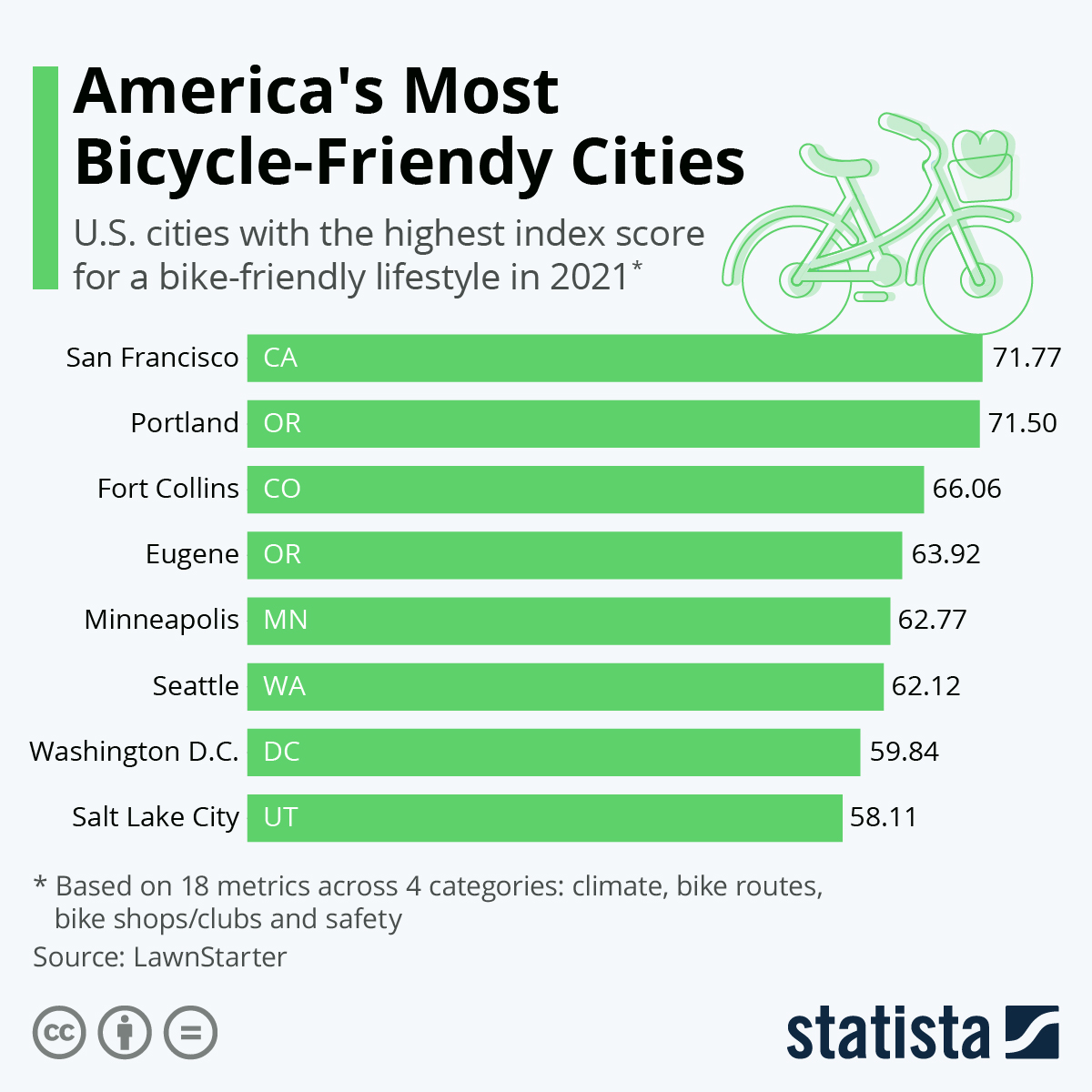The Singapore Airlines (SIA) Group today launched a voluntary carbon offset programme, which will enable customers across its passenger and cargo airlines to offset their own carbon emissions via dedicated microsites.
Singapore Airlines and Scoot customers will be able to offset carbon emissions from today on the respective airline microsites at any time before or after a flight. SIA and Scoot will also match the offsets that these customers purchase for the first six months from the launch of this programme.
SIA Cargo customers will be able to offset their emissions through a dedicated microsite, which will be available in late July 2021. Corporate customers will be able to participate in the programme from the fourth quarter of 2021.
The voluntary carbon offset programme will be further enhanced to allow SIA customers to use their KrisFlyer miles and HighFlyer points to offset their carbon emissions from the fourth quarter of 2021.
The offsets will be provided via the BlueHalo® digital solution, which has been developed by Australia-based Tasman Environmental Markets (TEM). This allows customers to immediately calculate and offset the emissions associated with their journey.
The high-quality carbon offset projects selected by the SIA Group have a proven and measurable impact on communities and the environment. Contributions from the SIA Group’s customers would help to protect forests in Indonesia, support renewable solar energy projects in India, and provide efficient, clean burning cookstoves for rural families in Nepal. Further details are available in Annex A.
Ms Lee Wen Fen, Senior Vice President Corporate Planning, Singapore Airlines, said: “Through the SIA Group’s voluntary carbon offset programme, our customers now have an opportunity to offset their emissions through accredited projects that provide clear benefits to people and the planet. Matching their offsets is our way of encouraging our customers to fly carbon neutral. The programme supports the Group’s commitment to buttress our sustainability efforts, and reinforces our leadership position in the airline industry as we recover from the impact of the Covid-19 pandemic.”
Mr Peter Castellas, Chief Executive Officer, TEM, said: “SIA is committed in its efforts to reduce carbon emissions, and tackle the environmental impact of air travel. Empowering customers to take action on climate change by offsetting their emissions is an imperative in the way we will be returning to travel. We are thrilled to partner with a powerful global airline to make a powerful positive impact on people and the planet.”
Customers may offset their carbon emissions via the following websites:
• https://carbonoffset.singaporeair.com.sg
• https://carbonoffset.flyscoot.com
Singapore Airlines and Sustainability
The SIA Group’s voluntary carbon offset programme is the latest step in our ongoing sustainability journey.
In May 2021, the SIA Group committed to achieve net zero carbon emissions by 2050. This will be achieved by investments in new-generation aircraft, achieving higher operational efficiency, adopting low-carbon technology such as sustainable aviation fuels, and sourcing for high quality carbon offsets.
Today, the best way for an airline to materially reduce its emissions is by operating a young fleet of aircraft. The SIA Group’s fleet today has an average age of five years 10 months. The Group also continues to invest in the latest technology, with an order book comprising new-generation models such as Airbus’ A350-900 and A320neo Family, as well as Boeing’s 777-9, 787 Family and 737-8 Max. These aircraft are up to 30% more fuel-efficient and have lower carbon emissions compared to older-generation models.
SIA has also been an active member of the Sustainable Aviation Fuel Users Group (SAFUG) since 2011. In 2017, SIA launched a series of green package flights from San Francisco to Singapore that incorporated sustainable aviation fuels, fuel-efficient aircraft and optimised air traffic management measures. In 2020, SIA worked with Stockholm’s Swedavia Airport to uplift sustainable aviation fuels on flights departing from the city. These activities have helped to improve the Group’s understanding of the logistics and procurement of renewable fuels.
Beyond reducing direct emissions, carbon offsetting can play an important and complementary role. The SIA Group is a participant in the International Civil Aviation Organisation’s Carbon Offsetting and Reduction Scheme for International Aviation (CORSIA), which seeks to cap the industry’s growth in carbon emissions from 2020. While offsetting is particularly important in the mid-term, it is also expected to remain relevant in the long run to mitigate residual emissions.
SIA will continue to actively partner stakeholders to explore opportunities to scale up the adoption of sustainable aviation fuels across our network, and secure high-quality carbon offsets.










